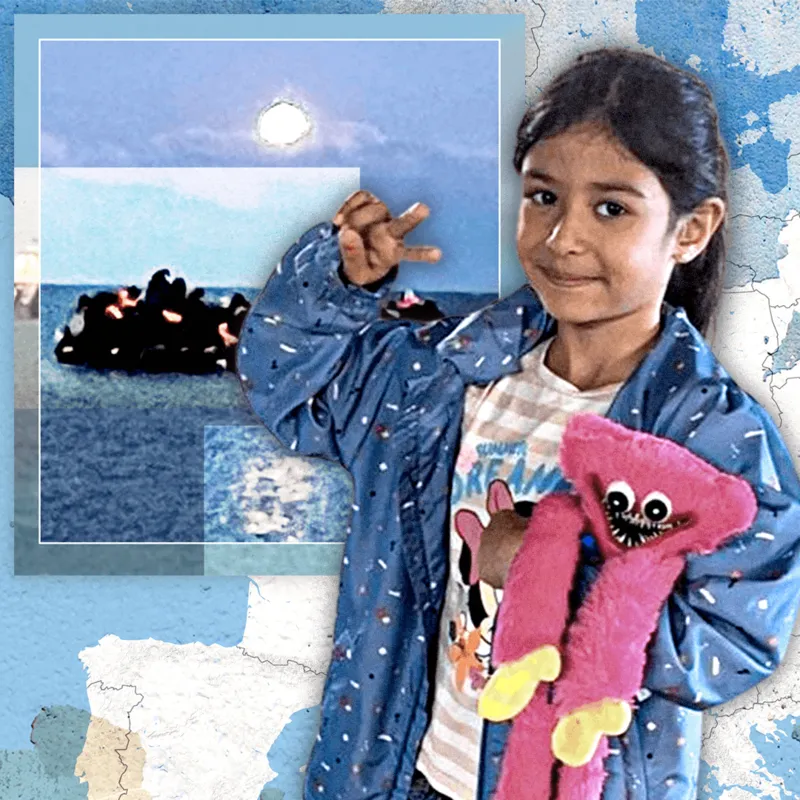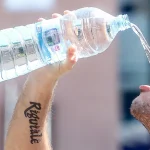Wearing a pale green shell suit and baseball cap, the 39-year-old man was short and stocky, making him an ordinary sight as he strolled from a local tram station to a migrant processing center.
Our group launched into a run.
We caught up with him halfway across the square in the capital city of Luxembourg, and I remarked, “We know who you are.”
The encounter signaled the end of an inquiry that had started 51 days prior, just hours after five individuals—among them a seven-year-old girl called Sara—had perished in the sea off the coast of northern France.
She had drowned under a throng of people in an inflatable boat.
We traveled from the unofficial camps for migrants outside Calais and Boulogne, to a market town in Essex, to a French police unit in Lille, to the Belgian port of Antwerp, Berlin, and ultimately to Luxembourg and a three-day standoff at the entrance to the nation’s migrant reception center.
We were positive that the man approaching us, with his hands lifted in a half-shrug, his shoulders shrugged, and his eyes squinted, was the smuggler who had been hired to arrange Sara’s family’s perilous journey to England.







